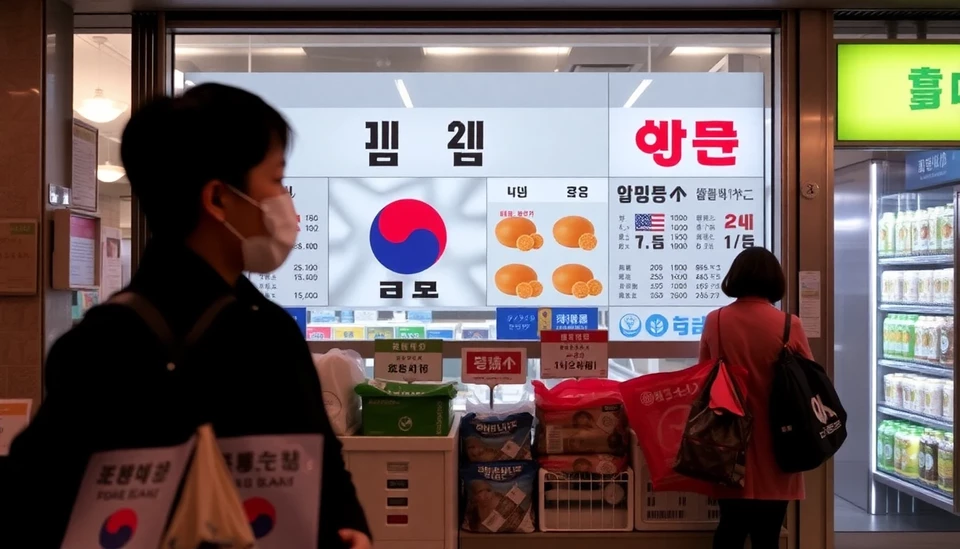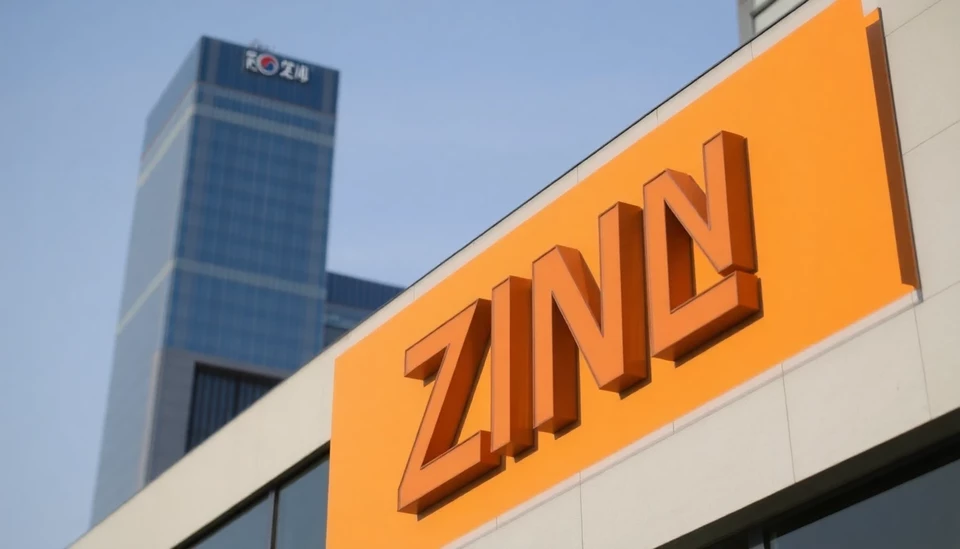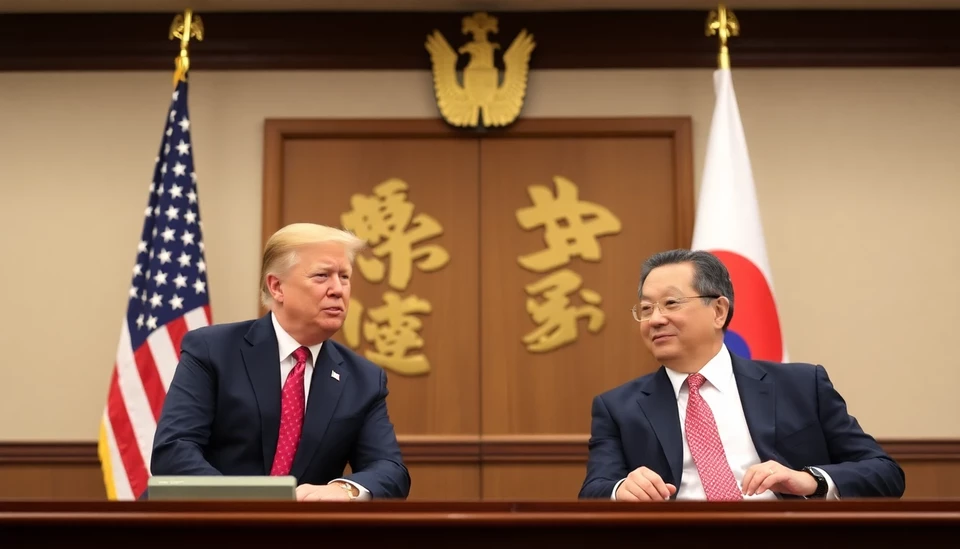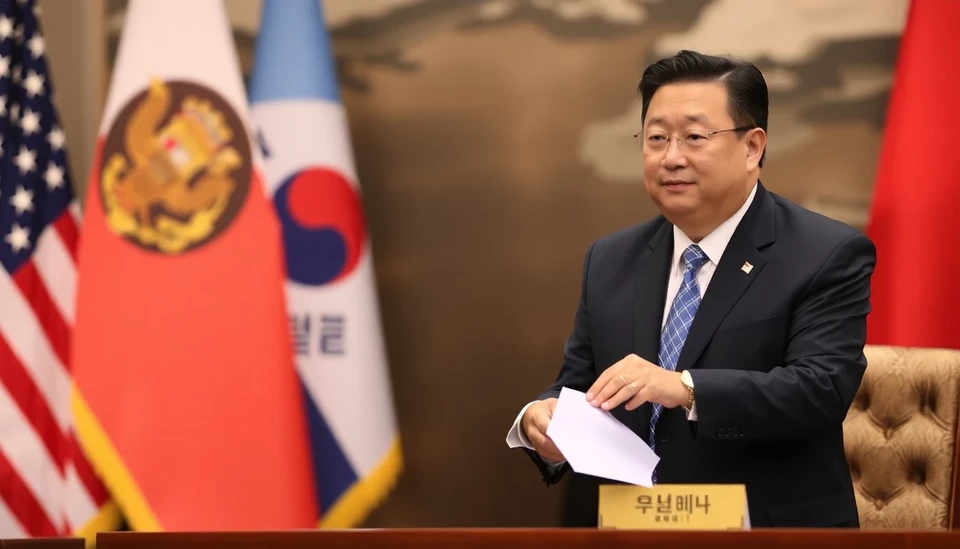
In a significant economic development, inflation in South Korea has seen an uptick, prompting discussions around the potential pause of interest rate hikes by the Bank of Korea (BoK). Recent data reveals that the consumer price index (CPI) rose at a pace that may influence the central bank's upcoming monetary policy decisions.
According to the latest figures, South Korea's inflation rate is now closer to the upper threshold of the central bank's target range. This rise in inflation appears to be primarily driven by increased costs in food and energy sectors. Analysts noted that while the overall economic environment remains complex, these inflationary pressures might lead the BoK to reconsider its strategy for managing interest rates.
With the recent inflation data, the focus shifts to a potential pause in the rate hikes that have characterized monetary policy in recent months. Many economists are interpreting this shift as a signal that the central bank may opt for a more cautious approach moving forward. A pause could allow for further evaluation of economic growth and inflation trajectories before making decisive policy shifts.
Market expectations have started to align with this perspective, as bond yields have reacted to these developments. Investors are speculating that the BoK may prioritize stability in the face of rising prices rather than further tightening monetary policy. This adjustment in outlook reflects the intricate balancing act that the BoK faces as it navigates the post-pandemic economic landscape.
The implications of this inflation rise extend beyond just monetary policy; they also raise questions about consumer confidence and spending behavior. As prices increase, consumers may become more cautious in their spending, which could dampen economic growth. Therefore, the BoK's decisions in the coming weeks will be closely watched, both domestically and by international observers.
Furthermore, the global economic context cannot be ignored, as external factors such as international oil prices and supply chain disruptions play a crucial role in shaping domestic inflation. The interconnectedness of the global economy adds another layer to the challenges the central bank faces as it seeks to define an appropriate response to the evolving economic conditions.
As the situation develops, stakeholders across various sectors will be monitoring the BoK's next moves. The potential pause in rate hikes could provide relief to borrowers and stimulate spending, but it is essential for the central bank to ensure that inflation is kept within manageable limits to avoid longer-term economic instability.
In conclusion, with inflation pressures resurging, South Korea's economic policymakers are poised at a critical juncture. The decision by the Bank of Korea to pause or continue adjusting interest rates will likely play a significant role in determining the trajectory of the nation's economy in the months ahead.
#SouthKorea #Inflation #BankOfKorea #MonetaryPolicy #Economy #InterestRates #EconomicGrowth
Author: Laura Mitchell




